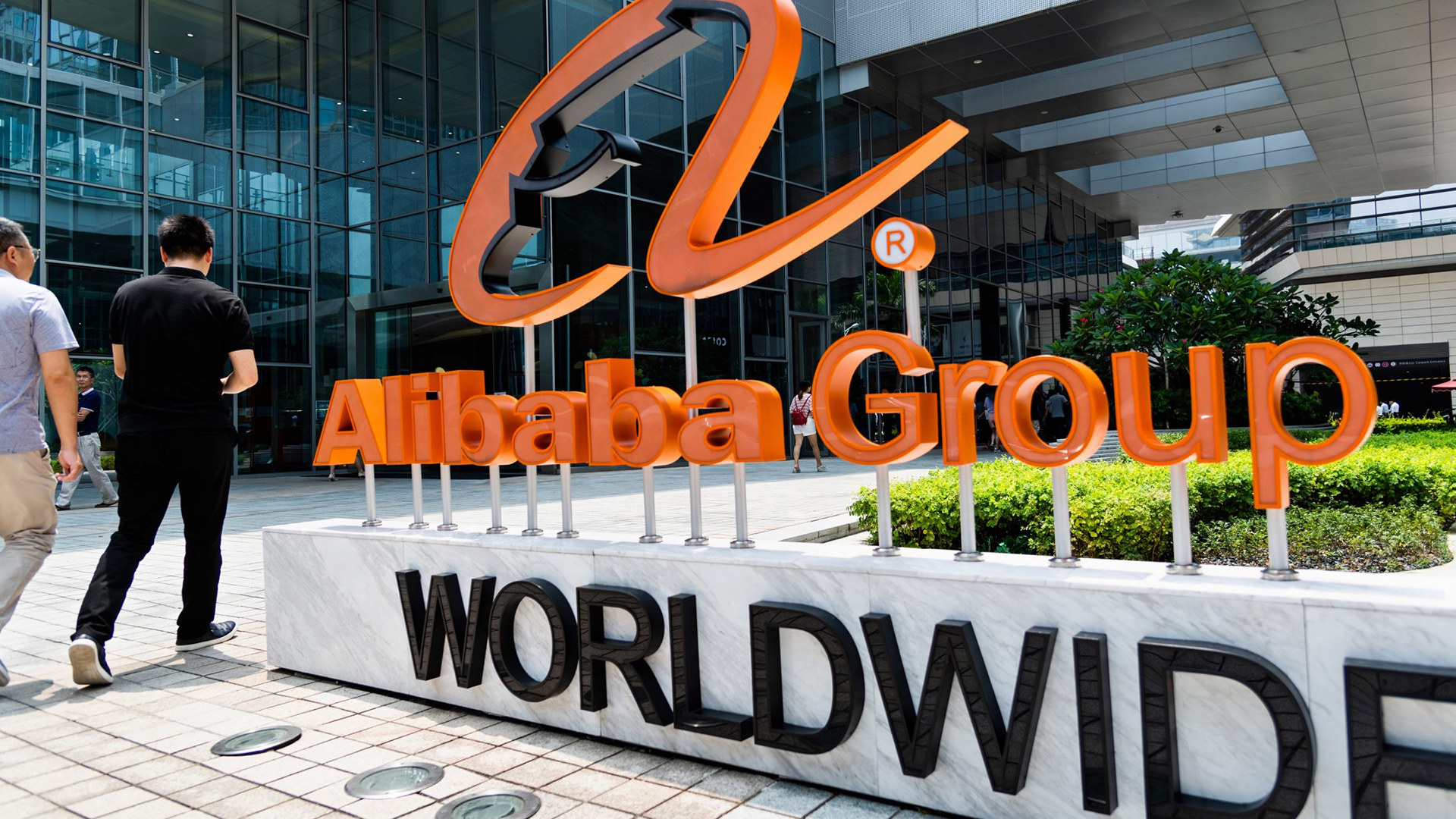
According to the dictionary, culture is a complex of activities, institutions, and social patterns related to the creation and dissemination of fine arts, humanities, and related fields. Organizational Culture is not much different from this, except that it is adapted to the reality of an organization.
It can be defined as a set of values, beliefs, norms, rituals, stories, and taboos that shape a company’s identity and guide the behavior of its employees.
It reflects how people interact with one another in an organizational environment and how that environment and its interactions evolve and consolidate over time.
This aspect is highly valued by organizations because when their culture is weak, all areas of the organization will feel its impact, and growth will stagnate.
On the other hand, when it is strong, all areas benefit, and it becomes easier to implement continuous improvements and go through periods of exponential growth.
Advantages of a Strong Organizational Culture
Organizational Culture is directly linked to the vision that entrepreneurs had at the company’s inception, what motivated them, and what made them believe in the business. Therefore, the company’s culture is not solely the responsibility of the Human Resources department; senior leadership must also play a part to ensure that all employees are engaged with the company’s values and ideals.
A well-established culture enables the organization to stand out positively in the job market, for example, by attracting professionals skilled in both soft skills and technical knowledge.
Additionally, it positively impacts employee satisfaction by fostering a sense of belonging. With clear alignment and objective communication, which are reflections of the culture, it becomes much easier to understand the company’s goals and direct efforts collectively to achieve them.
And since people are the essence of our organizations, their satisfaction will directly impact organizational processes, making them more agile, increasing productivity, facilitating decision-making, consolidating the brand, and enhancing competitive aspects in the market, which will ultimately lead to improved customer satisfaction.
How to Strengthen Organizational Culture
First, it is necessary to identify the current culture, how it is perceived by employees and other stakeholders, and specify what changes are required to achieve the desired Organizational Culture standard or style.
It is essential to have clarity and a clear definition of the type of culture the company aims to cultivate; otherwise, any changes will be ineffective.
This does not mean the culture needs a complete transformation—remember to validate what already exists and identify strong points to reinforce.
Another key aspect is to validate and reinforce the behaviors and practices expected from employees through guidelines, codes of conduct, and organizational policies that are well-known and easily accessible to everyone.
As mentioned earlier, leaders play a crucial role in building and strengthening the culture, as they are responsible for spreading it throughout the organization and serving as role models.
Finally, to align practice with theory, it is important to create indicators and metrics to evaluate the progress of Organizational Culture, with employee climate surveys being a useful tool.
The Relationship Between Strategic Planning and Culture
For Organizational Culture to be strengthened, the company must thoroughly understand and have clarity regarding its mission, vision, and values. Without this, there will be a committed team but no clear direction or path to follow.
When we talk about “understanding” and “having clarity,” it doesn’t mean simply being able to repeat them or displaying them on every wall in the office or as computer wallpapers. They must be part of daily activities and monitored through indicators.
Using software to manage this process can positively contribute to strengthening Organizational Culture. Interact, for example, offers the SA Governance Manager module to support Corporate Governance and Organizational Management.
Visit our website to explore our solutions.
Do Not Confuse Organizational Culture with Organizational Climate
Both concepts may seem quite similar, but they have distinct differences. Organizational Culture, as previously mentioned, is the set of guidelines that help employees understand the standards and behaviors expected by the company, such as values and purposes.
Organizational Climate, on the other hand, is related to the work environment and how employees feel about the working conditions provided by the company.
In practice, the main difference is that culture can be altered with the sole purpose of restoring employee motivation. The climate, however, is more strategically linked to the business itself.
Companies That Stand Out for Their Organizational Culture
One of the most well-known companies for its Organizational Culture is Google, which has very modern characteristics. Google manages people in a laid-back manner, offers a relaxed work environment and flexible work arrangements, as well as motivational strategies. The primary goal of Google’s Culture is to foster collaboration among all employees.
Netflix is another success story, having started as a video rental store, and the business vision of its founders allowed it to transform into today’s streaming giant. With a focus on the values and skills of each employee, its Organizational Culture was essential in realizing the necessary changes.
Thanks to its Organizational Culture, Magazine Luiza promoted horizontalization within the company, bringing employees closer to leadership, and valuing creativity, dialogue, and personal and professional development.
Author:

Bianca Wermann
Journalist, Communication and Marketing Analyst at Interact Solutions.



